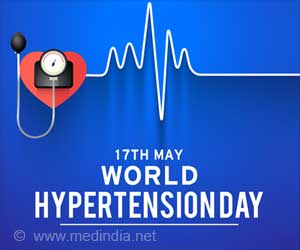- A recent study found that men and women display different reactions to acute stress in terms of their cognitive control of negative emotions
- Men showed an improved ability to down regulate emotional arousal through distraction, which was fully mediated by cortisol, a stress hormone
- In contrast, women exhibited decreased regulatory performance in emotional control, which was associated with heightened sympathetic nervous system reactivity
Gender differences in stress response: Role of developmental and biological determinants
Go to source). The research, which provides initial evidence of sex differences in the rapid effects of stress on emotional regulation, involved a total of 80 healthy participants with an average age of 24 years.
Wired for Stress: Understanding the Neuroendocrinological Gender Factors
To measure the participants' physiological responses, regular saliva samples were collected to check cortisol levels, and their cardiovascular activity was monitored. The researchers also evaluated pupil dilation, which, in conjunction with the subjects' self-reported affective state, served as an indicator of emotion regulation (ER) outcomes.The findings of the study indicated that in men, stress had a rapid and beneficial impact on their ability to downregulate emotional arousal through distraction. This effect was found to be fully mediated by cortisol; a hormone involved in stress response.
On the other hand, in women, increased reactivity of the sympathetic nervous system (SNS) was associated with decreased regulatory performance in terms of emotional control. Surprisingly, the direct effects of stress on emotion regulation were smaller than initially anticipated.
The Battle Within: Acute Stress and the Cognitive Control of Emotions
The implications of this study extend to practical applications in the field of stress- and emotion-related disorders. By shedding light on the neuroendocrinological mechanisms underlying the effects of stress on emotion regulation, the research contributes to a better understanding of these processes.Furthermore, this understanding may aid in the development of appropriate preventive and therapeutic interventions for individuals suffering from such disorders.
In conclusion, this study highlights the contrasting responses of men and women to acute stress when it comes to the cognitive control of negative emotions. Men exhibited an improved ability to regulate emotional arousal through distraction, which was mediated by cortisol.
Reference:
- Gender differences in stress response: Role of developmental and biological determinants - (https://www.ncbi.nlm.nih.gov/pmc/articles/PMC3425245/)















